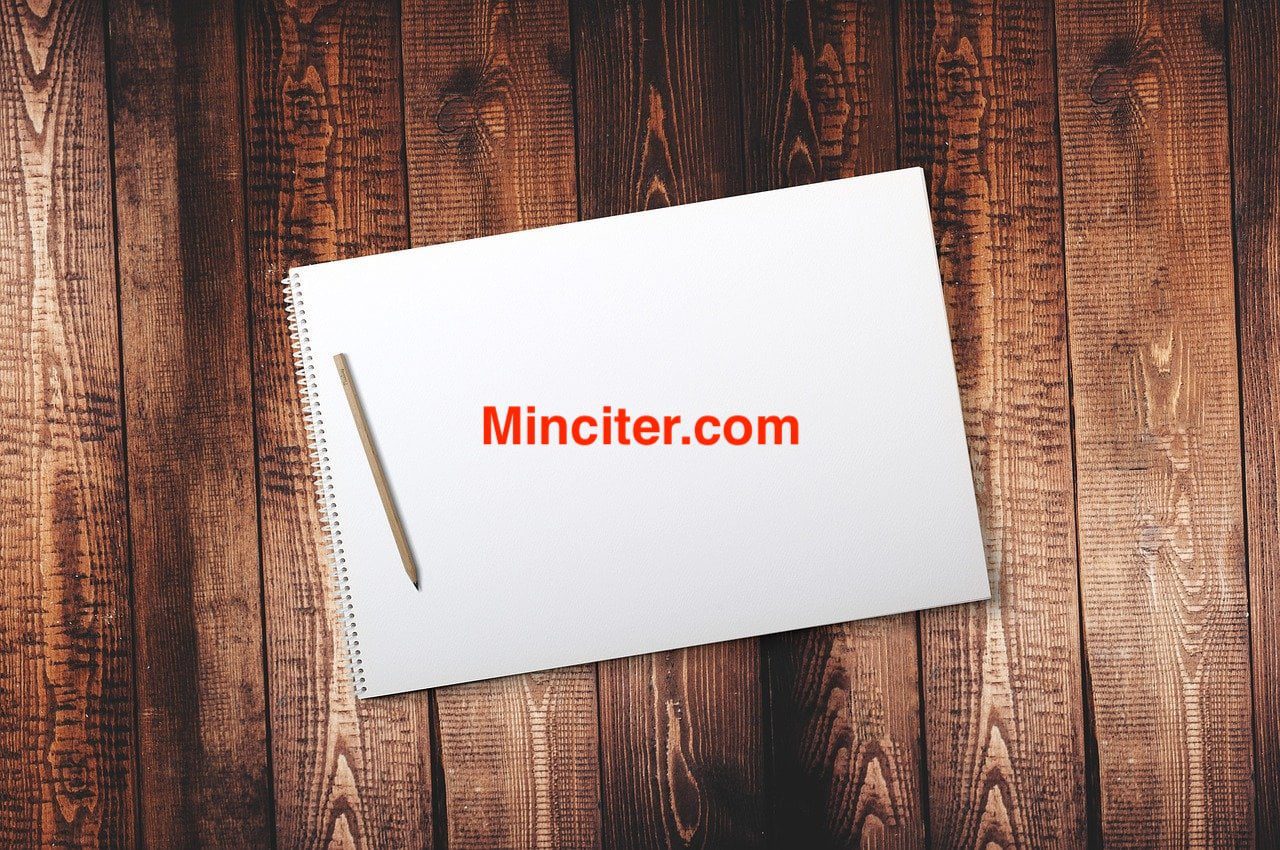Halda river and market-based solution

Designing a programme for healthy Halda river could be done in market-based solution. One market-based solution has been discussed here that is feasible and at the same time win-win for all water user groups.
Halda River is in threat due to local market and industrial toxic waste. The industries in the area from longer period are now threatening for the river aquatic life. It is possible to protect the natural resources if sustainable action has taken with urgency.
A market-based solution for combating environmental problems can play a great role to save river life. Its a great approach to river pollution control. In terms of the different categories of market-based solutions, four major ways should be taken into account: “Pollution charges; tradable permits; market barrier reductions; and government subsidy reductions”.

For market based solution following strategies can be taken in to part-
- Industries/markets charges for polluting the river
- The Industries/markets will have to carry emittable permission
- Government can reduce subsidies in to energy areas
The “Industries/markets charges for polluting the river” in market-based solution is feasible and at the same time win-win for all water user groups. It is necessary to stop polluting the Halda River from industrial waste. The firms can be charges for polluting the river. Some systems can be developed here rather than pushing the companies. The “deposit refund system” is one of those. In many countries this system has been practiced and they received positive results. In this system the firms pay a certain amount of money for the containers and they get back the money when they reverse back the container. This charge helps to bring money for recycling process too. Charges can also put on sales tax on certain products which are mainly responsible for the river pollution. This policy can help people environmentally protective.

